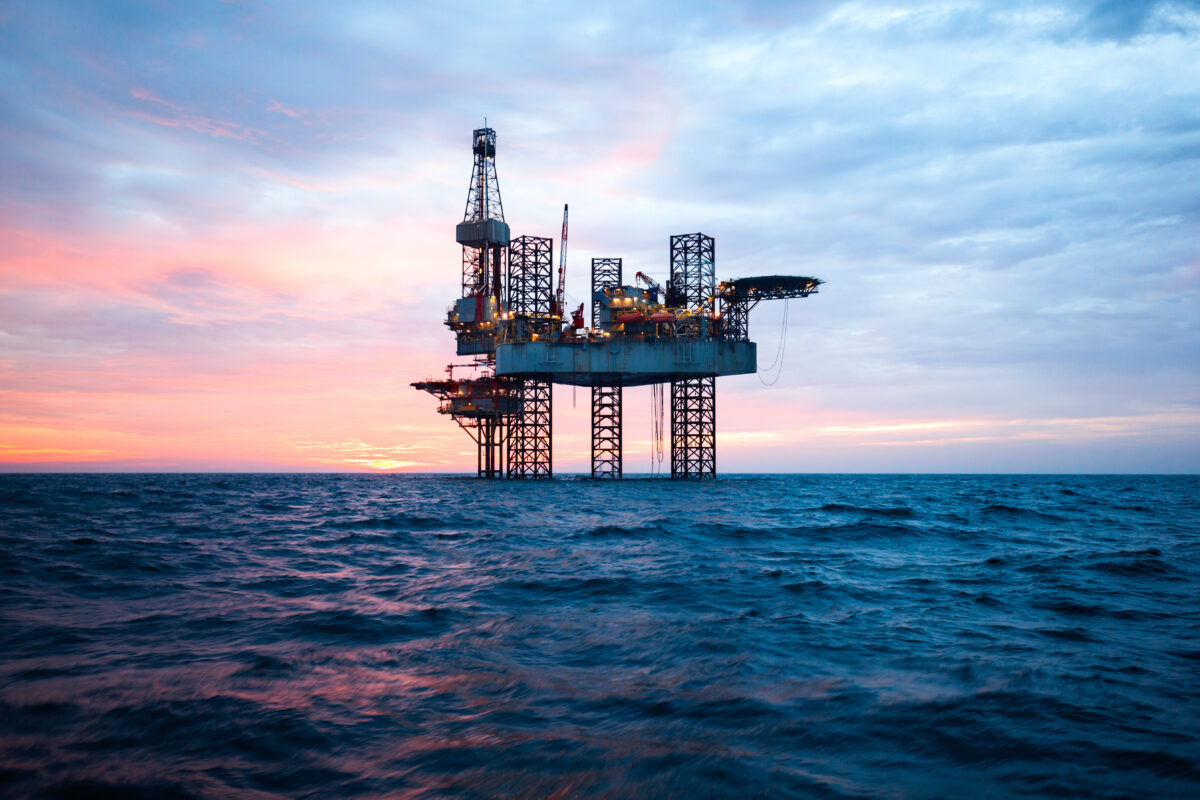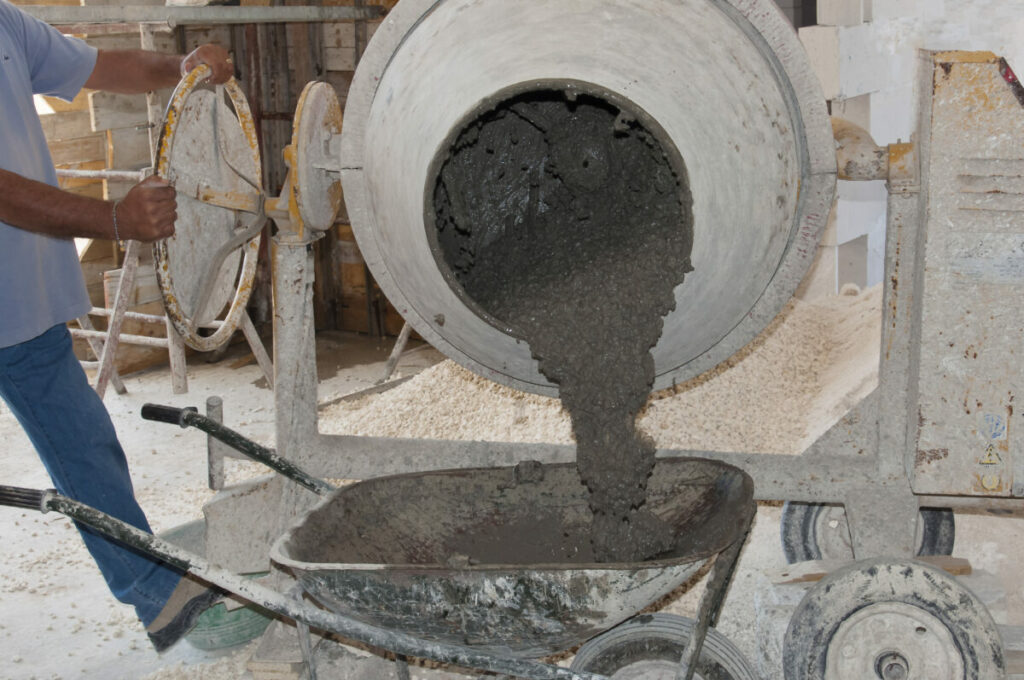The North Sea Transition Authority (NSTA) has said that the UK oil and gas sector needs to do more to reduce emissions and meet its 2030 targets.
It has said it will consult on a set of proposals for how industry can meet the requirements, looking at areas including investment and efficiency, electrification, and low carbon power, inventory and flaring and venting.
It found that power generation was responsible for 79% of platform emissions whilst electrification could deliver carbon savings of up to two million tonnes by 2050.
In a report last month, the organisation said that emissions reductions to date had been encouraging. However, it said that while the industry is on track to meet its interim reduction targets of 10% by 2025 and 25% by 2027, the oil and gas sector would have to do more to meet its targets to reduce emissions by 50% by 2030.
Subscribe to Sustainability Beat for free
Sign up here to get the latest sustainability news sent straight to your inbox every day
It comes after businesses and activists criticised the Prime Minister for his decision to expand North Sea Oil and gas production and open Rosebank oil field.
“It is essential that industry continues to reduce its emissions. Progress is tough and will require investment, collaborative effort and detailed planning,” said North Sea Transition Authority (NSTA) president Stuart Payne.
“We are publishing the draft Plan today for consultation, to give clarity on requirements now and for the long term.”
“UK industry is already doing some very impressive things. North Sea gas is almost four times cleaner than importing LNG, emissions have been cut three years in a row, and flaring has been near halved in four years, and with this plan we set out what is necessary to continue the downward trajectory.”















